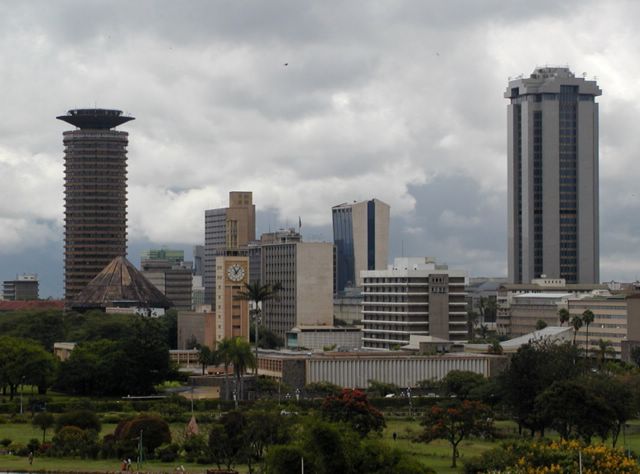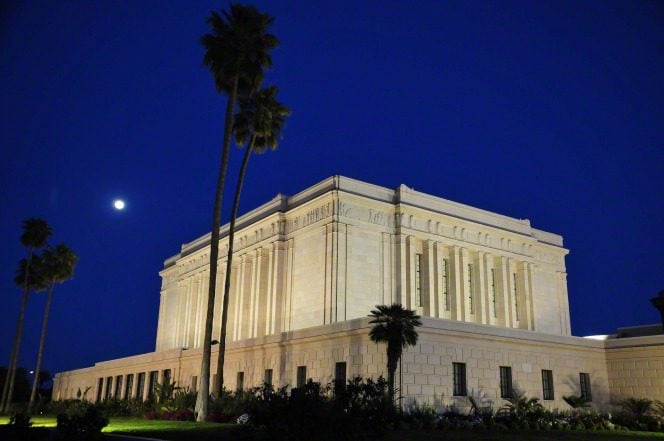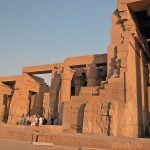
I mentioned this case in my immediately prior post, but I regard it as such a manifest outrage that I’m going to mention it again — and I’m going to encourage you to write your senator and your congressman about it: “BYU Ph.D. student’s international student visa revoked over apparent fishing license violation: Husband and father of 5 may have to return to Japan unless the courts allow him to continue his graduate studies”
In order to make contacting your representatives in Congress easier (for at least a few of you here), I share the contact information for my own senators and for my own delegate to the House of Representatives:
I hope that some of you will write. All that’s needed is a very quick and brief note. One or two lines would almost certainly suffice. The point is to show that members of the public are watching, that at least a few of us are aware of the matter and that we don’t approve of what’s currently being done to this Latter-day Saint husband, father, and doctoral student from Japan.
Increasingly, the Church of Jesus Christ of Latter-day Saints is a global church, and its educational system appropriately seeks to serve the Saints whatever their nationalities or places of origin. But this is a case of the federal government directly interfering with that aspiration. And just wait for the new BYU medical school to arrive, with its explicit goal of supporting the Church’s humanitarian mission around the world and its express intention of enrolling students from many nations. (Especially, I would think, from developing nations.) Will a foreign BYU medical student be deported if she receives a speeding ticket? If she participates in a ward activity that somehow ends up violating a technicality in some Fish and Game regulation — a violation that, in the aftermath, isn’t even deemed worthy of being prosecuted — will she be expelled from the United States?

By the way, a couple of the comments responding to my recent blog post entitled “Nairobi: A Memory, A New Temple, And, Yes . . . Opposition” have raised the issue of the insistence of some evangelical Protestants that Latter-day Saints — and Jehovah’s Witnesses and Catholics and the Orthodox — aren’t Christians. In other words, if y9u carry the sentiment to its logical conclusion, that the majority of Christians living today aren’t really Christians at all, and that the overwhelming majority of Christians historically weren’t Christians. Which has reminded me of Parson Thwackum, a character in Henry Fielding’s classic 1749 novel The History of Tom Jones, a Foundling, who explains that,
When I mention religion, I mean the Christian religion; and not only the Christian religion, but the Protestant religion; and not only the Protestant religion, but the Church of England.
And it also reminded me of one of my very favorite jokes. This joke was apparently originated by Emo Philips, but I’ve modified it very, very slightly for stylistic reasons:
Once I saw this guy on a bridge about to jump.
I said, “Don’t do it!”
He said, “Nobody loves me.”
I said, “God loves you. Do you believe in God?”
He said, “Yes.”
I said, “Are you a Christian or a Jew?”
He said, “A Christian.”
I said, “Me, too! Protestant or Catholic?”
He said, “Protestant.”
I said, “Me, too! What denomination?”
He said, “Baptist.”
I said, “Me, too! Northern Baptist or Southern Baptist?”
He said, “Northern Baptist.”
I said, “Me, too! Northern Conservative Baptist or Northern Liberal Baptist?”
He said, “Northern Conservative Baptist.”
I said, “Me, too! Northern Conservative Baptist Great Lakes Region, or Northern Conservative Baptist Eastern Region?”
He said, “Northern Conservative Baptist Great Lakes Region.”
I said, “Me, too! Northern Conservative Baptist Great Lakes Region Council of 1879, or Northern Conservative Baptist Great Lakes Region Council of 1912?”
He said, “Northern Conservative Baptist Great Lakes Region Council of 1912.”
I said, “Die, heretic!” And I pushed him over.

This article about the annual Easter pageant that is staged on the grounds of the Mesa Arizona Temple was written by a non-Latter-day Saint journalist (whom I know slightly) and published in a non-Latter-day Saint venue. I think that some of you might find it interesting: “Inside The Popular Easter Pageant That Draws 100,000 Visitors” And here’s an article on the same topic, from the Church’s official newsroom, that illustrates the uniting power that religious faith can often represent, rather than its power to divide: “Faith Leaders Unite at Mesa Easter Pageant: The production is one of many ways the Church is celebrating the “greater love” of Christ”
I will, by the way, be heading to Uzbekistan next week, where I’m slated to participate in a conference in the city of Samarkand under the title of “Diplomacy of the Heart.” The theme of the conference is “The Power of Intercultural Dialogue and Education in Peacebuilding.” It should be an interesting event. For one thing, a sizable contingent of Iranian academics will be among the participants. (Iran and Uzbekistan are located fairly close to one another.) I hope to file reports from Uzbekistan, and will do so if the internet is working there. (One never knows.)













